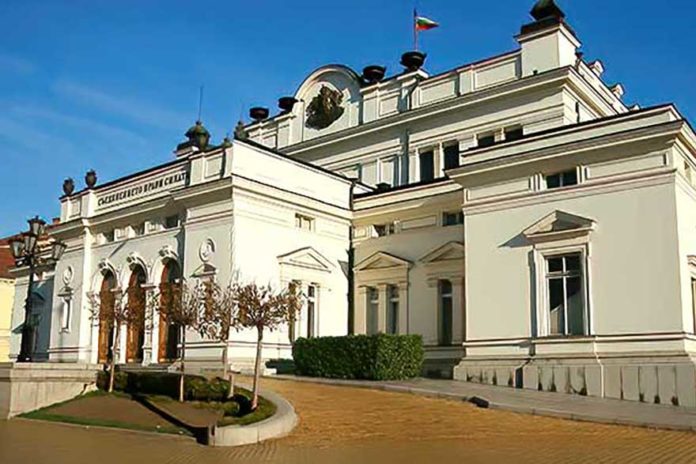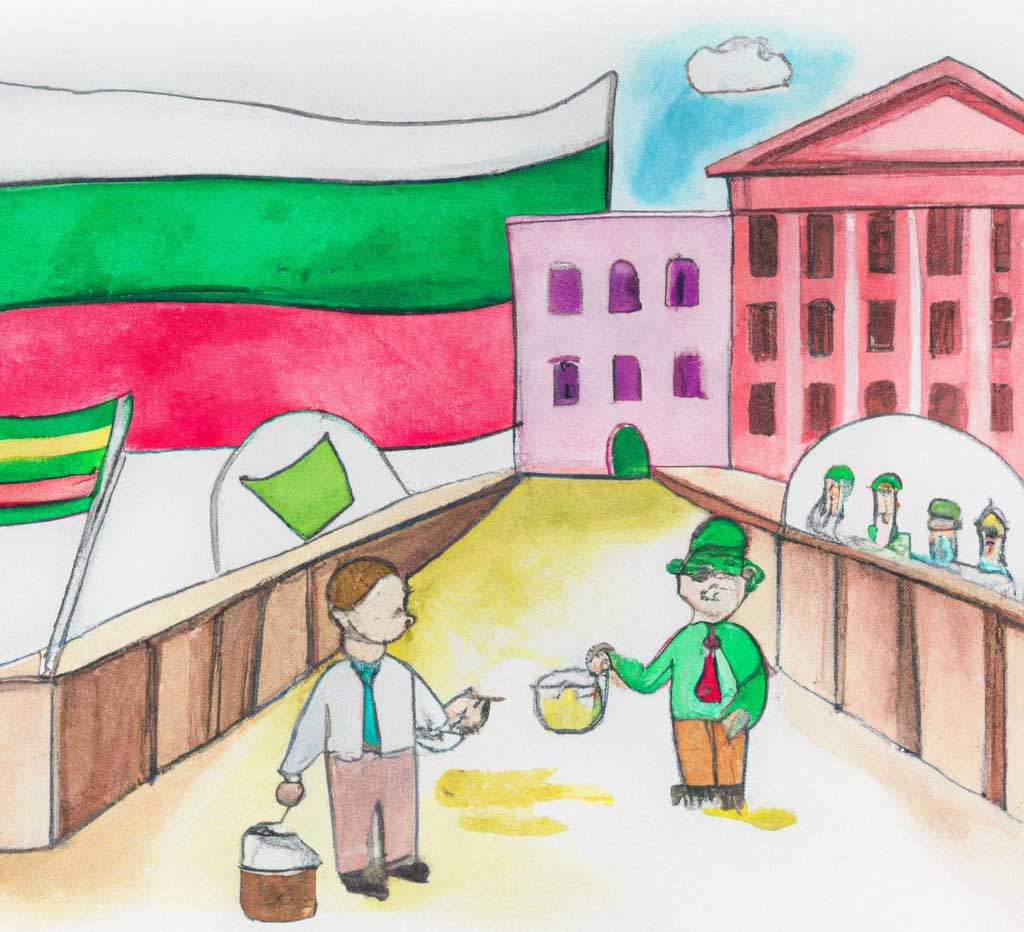The political system of Bulgaria is a parliamentary republic in which the government is organized with a separation of powers between the executive, legislative, and judicial branches. The government is also based on the rule of law, which means that all branches of government and all citizens are subject to the country’s laws.
Political parties play a significant role in the Bulgarian political system. Parties are organized around political ideologies and platforms, competing for seats in the Parliament in general elections. The ruling party or coalition is responsible for forming a government and implementing its policies.
The President of Bulgaria is the head of state and is elected by the people in a general election held every five years. The President also has the power to veto laws passed by the Parliament, although the Parliament can override the veto with a two-thirds majority vote. The President has the power to nominate the Prime Minister.
A Guide to Bulgarian Politics
The executive branch of the government is headed by the Prime Minister, who is responsible for leading the government and implementing the policies of the ruling political party or coalition. The President appoints the Prime Minister, who is responsible for forming a government. The Government comprises ministers responsible for specific policy areas, such as Healthcare, Social Policy, Economics, Finance, etc.
The Parliament is the legislative branch of the government and is responsible for making and enacting laws. It is unicameral, meaning it consists of only one chamber and has 240 members known as “deputies”. The people of Bulgaria elect the deputies in a general election held every four years. The Parliament is headed by a Speaker, elected by the deputies. It is responsible for chairing sessions of the Parliament and representing the Parliament in its relations with other branches of government and foreign countries.
The judicial branch of the government is responsible for interpreting and applying the country’s laws. The highest court in Bulgaria is the Supreme Court of Cassation, which is responsible for hearing appeals from lower courts and ensuring the uniform application of laws. The Constitutional Court of Bulgaria is a high court accountable for interpreting and enforcing the Constitution of Bulgaria. There are also several specialized courts, such as the Supreme Administrative Court.




